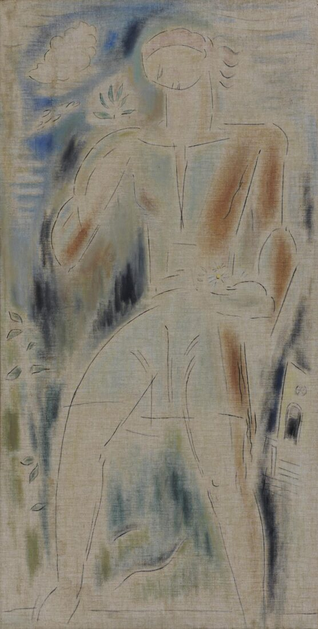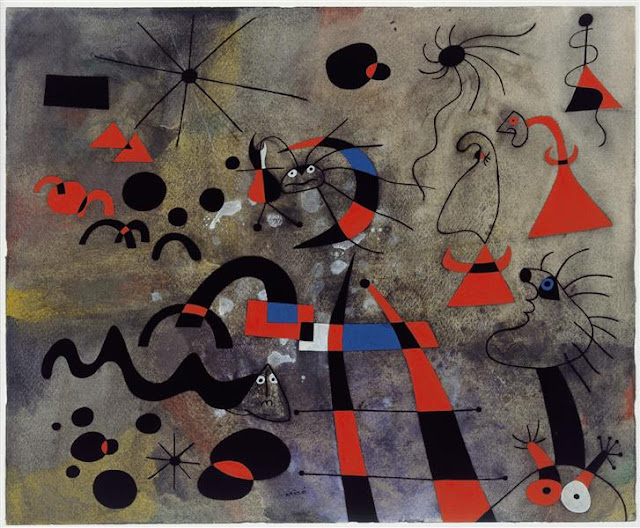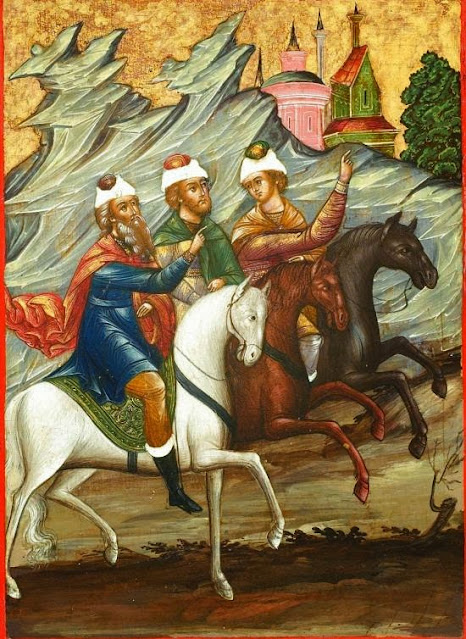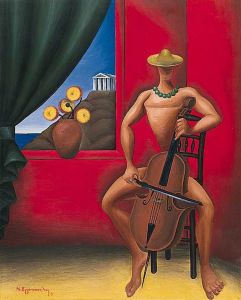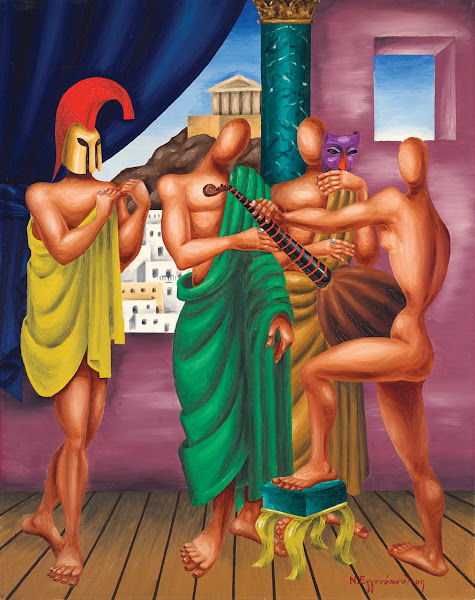Giorgos Seferis | Mythic History (Part II)

Lorenzo Costa, 'The Argonauts Leaving Colchis' (ca. 1480) "The greatest mistake of my life”, wrote Giorgos Seferis in 1931, “was that I was born a man of the sea and became a man of the land. It is a characteristic of the seaman not to be content anywhere.” The poetic journey dominates Seferis’s poetry. A modern Odysseus, the poet endlessly voyages across many embittering seas, moving from the present back to a mythic time and land in search for a paradisal state of spiritual fulfilment and also, as Seferis notes, in an attempt to “shape and render meaning” to the futility and anarchy of modern history [1]. But the repetitiveness of the journey frustrates the effort and it even effaces the poet himself. What remain are the journey and its perpetual re-enactment with every reading of the poem. Mythic History XXI We who set out on this pilgrimage glanced at the broken statues absent-mindedly we ...
